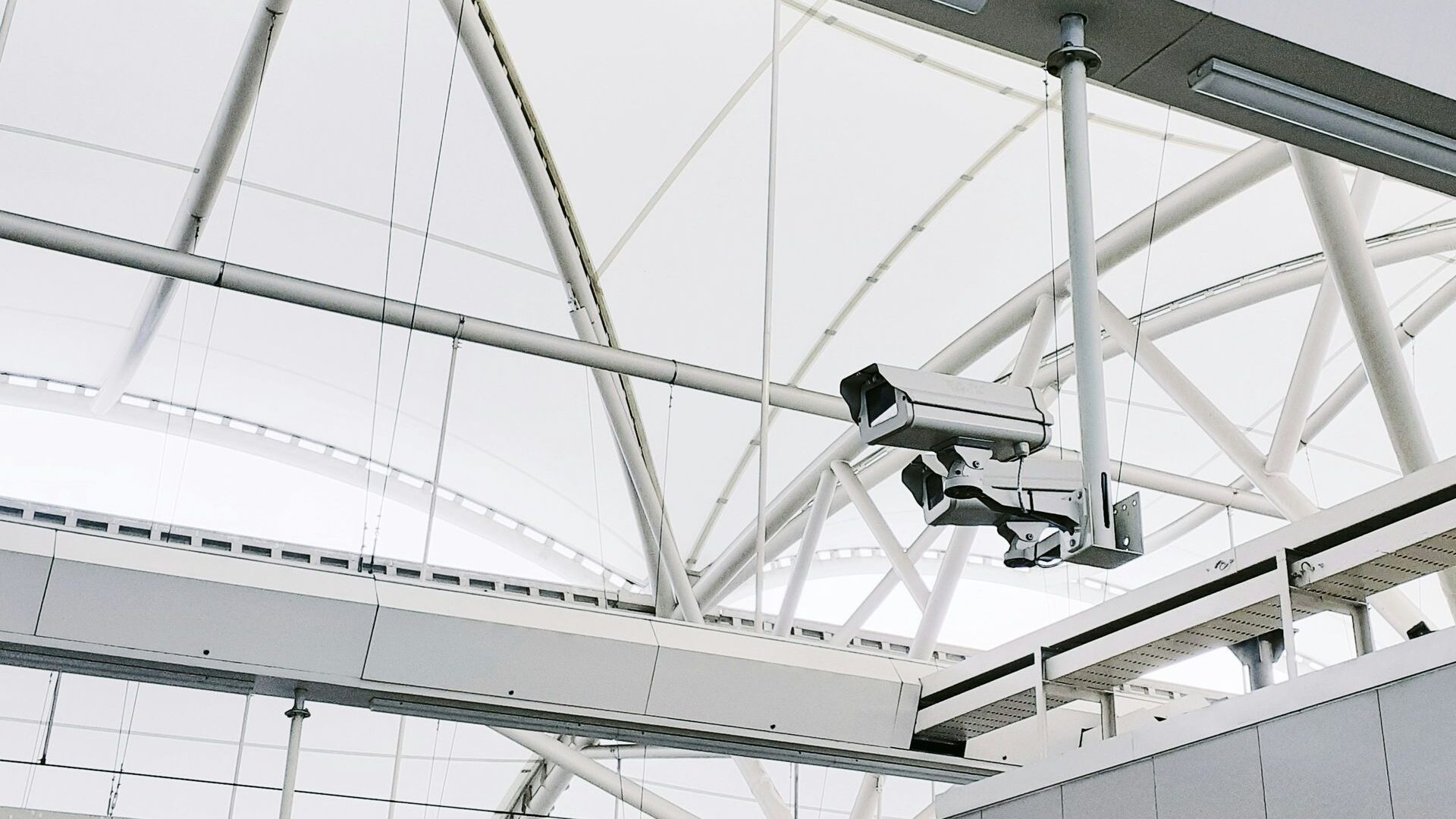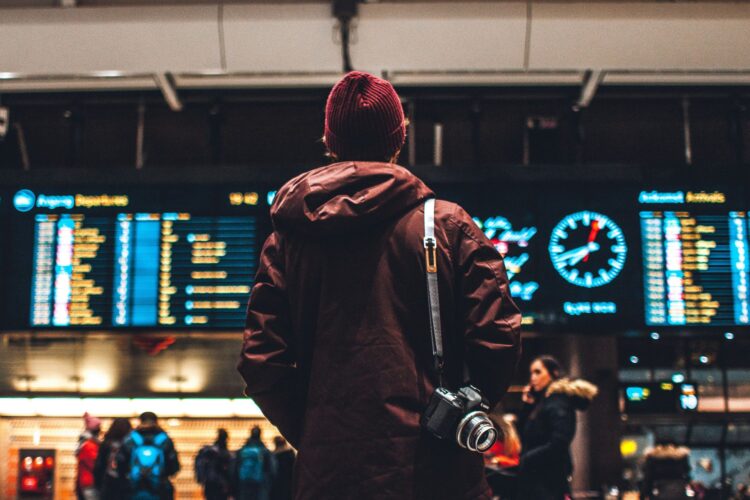A dozen senators from both parties have asked the TSA to investigate how it is using facial recognition technology and make recommendations. Senators argue that expanding this program significantly undermines privacy and civil liberties—a massive increase at peak travel times.
The senators wrote to the TSA inspector general that the agency plans to roll out facial recognition checks at hundreds of airports — without testing how well the system works or ensuring passengers’ privacy. Millions of Americans are about to get very busy with travel, and the senators say they are concerned about how the technology is being rolled out.
Will TSA’s biometric push compromise travelers’ rights
The group included Senators Jeffrey Merkley (D-OR), John Kennedy (R-LA), Ed Markey (D-MA), Ted Cruz (R-TX), Roger Marshall (R-KN), Ron Wyden (D-OR), Steve Daines (R-MT), Elizabeth Warren (D-MA), Bernie Sanders (I-VT), Cynthia Lummis (R-WY), Chris Van Hollen (D-MD), and Peter Welch (D-VT). They pointed out that TSA Administrator David Pekoske indicated in a 2023 talk that the agency’s eventual objective is to require universal biometrics.
TSA’s facial recognition program is voluntary and only works in several airports. But after the company announced its expansion plans, senators said stopping is confusing. Transportation Security has also started to see reports of its TSOs reacting with hostility to travelers opting not to grant biometric recognition. It reports that signage informing people they can reject it is placed inconspicuously.

In a letter to Senate Majority Leader Chuck Schumer (D-NY) and Minority Leader Mitch McConnell (R-KY) in a previous correspondence, the senators said the TSA has not provided evidence that facial recognition is detectable beneficial in terms of identifying fraudulent identity documents. According to the TSA, its systems have a three-percent false negative rate, meaning there is a potential of 68,000 missed identifications per day if a system that employs such data mining is to be implemented at all airports.
It is now asking the inspector general to evaluate the program to determine whether it has reduced passenger delays, whether it has prevented individuals on no-fly lists from boarding aircraft, and how often identity verification errors occur.
Travelers who want to decline facial recognition at an airport simply have to say that they refuse. Once they have passed security and presented an identification document, like a driver’s license or passport, they can then go into security.
Facial recognition tech has come under serious scrutiny by lawmakers concerned it’s infringing on civil liberties. The bipartisan group said it had heard many reports from people who opted out of scanning and said they were confused. Yet adding biometrics as standard practice may worsen matters, such as the TSA’s integration of biometrics as standard.
Despite officials’ claims that facial recognition is “optional,” many travelers say it would be intimidating not to comply, and the security staff cast a grim shadow over the process. This has spawned a controversy around a lack of clarity in conveying passengers’ rights, while Campbell and other critics argue that airport biometric surveillance has ethical consequences.
Our investigations into how expanding the use of facial recognition will affect the American public are ongoing. This is why the senators have requested an investigation to provide scrutiny in implementing technologies that massively affect citizens’ privacy. The absence of demonstrated efficacy on the TSA’s part with this program makes further assessments critical.
Millions are getting ready to hit the road right now, so the question remains as to how facial recognition will be rolled out. As security measures at airports nationwide grow, the senators call for robust evaluations to protect privacy and civil liberties while security increases.
Featured image credit: Erik Odiin/Unsplash





